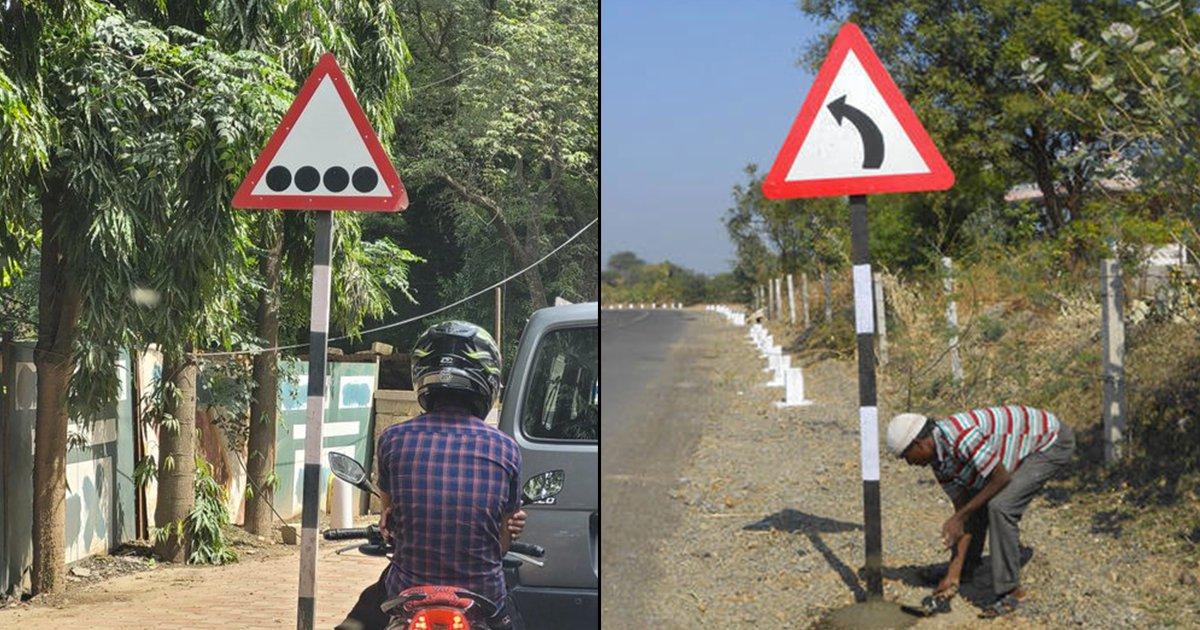The fingerprint scanners on smartphones are the first choice for most of the people when it comes to ensuring the security of their devices.
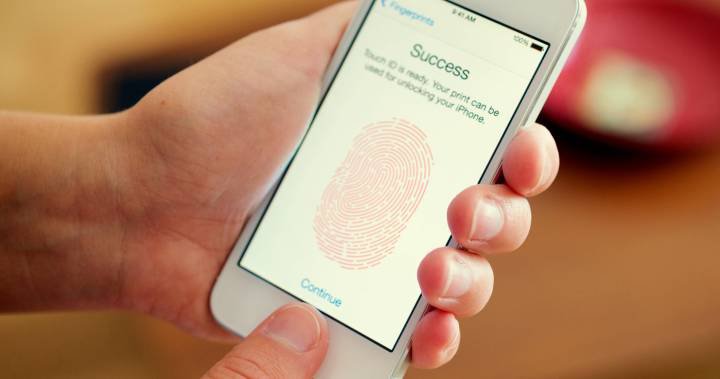
But are these scanners really secure?
According to a study published by Cisco’s Talos, even after years of research, fake fingerprints can bypass the sensors with a success rate of over 80%. For this study, researchers used sensors from the tech giants like Apple, Samsung, Microsoft and Huawei.

The results were based on 20 attempts on each device that they used in the test. To bypass the security, researchers used the best fake fingerprints that they were able to create and the results were shocking.
As per the results, phones like Huawei 7X and Samsung Galaxy Note 9 were bypassed 100% of the time. On the other hand, with a success rate of over 90%, the Samsung Galaxy S10, iPhone 8, MacBook Pro 2018 were slightly tougher to bypass.
The study states, “The results show that mobile phone fingerprint authentication has weakened compared to when it was first broken in 2013. We also discovered that there is a lack of a clear advantage between the different types of sensors.”
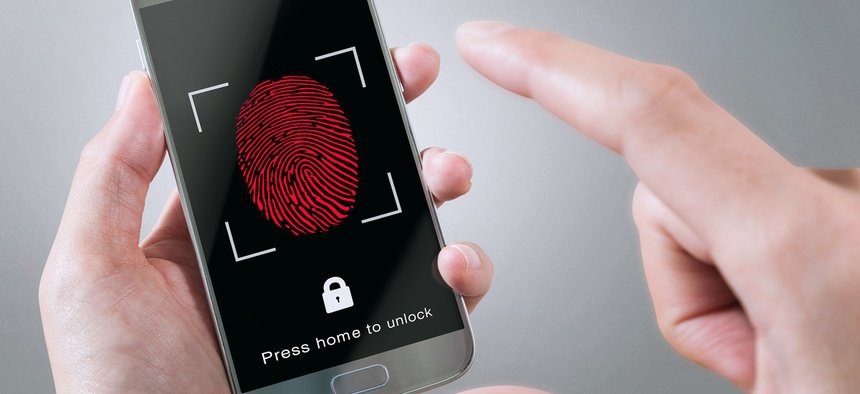
As for laptops, the study found that the researchers were not able to bypass the sensors on the laptops with Windows platforms. However, for the MacBook Pro, the unlock success rate was 95%.
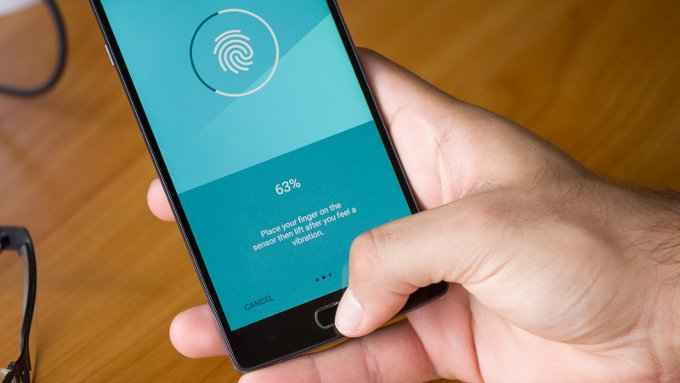
The study quotes, “The reason for the better and recurrent results from the Windows platforms is the fact that on all platforms the comparison algorithm resides on the OS, thus is shared among all platforms.”
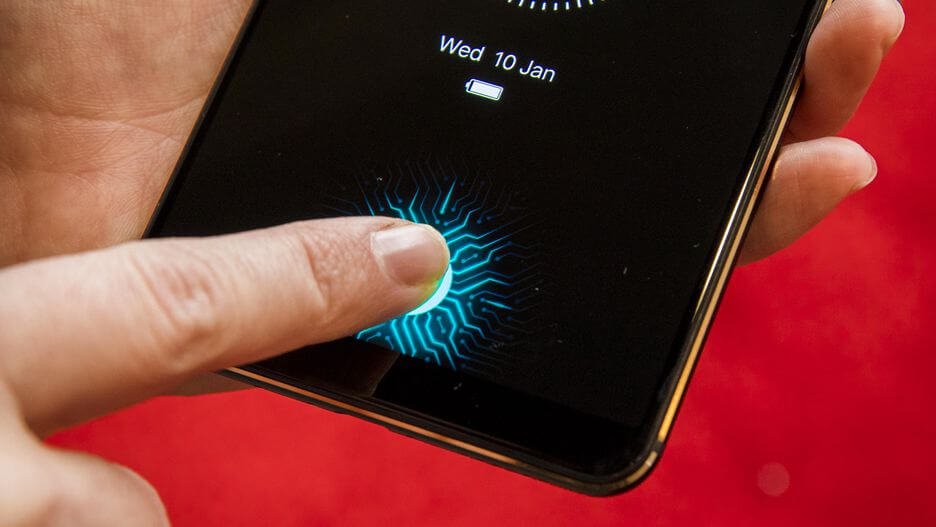
The study also mentioned that with a larger budget, more resources and a better team which is dedicated to this task, it’s possible to bypass these systems too.
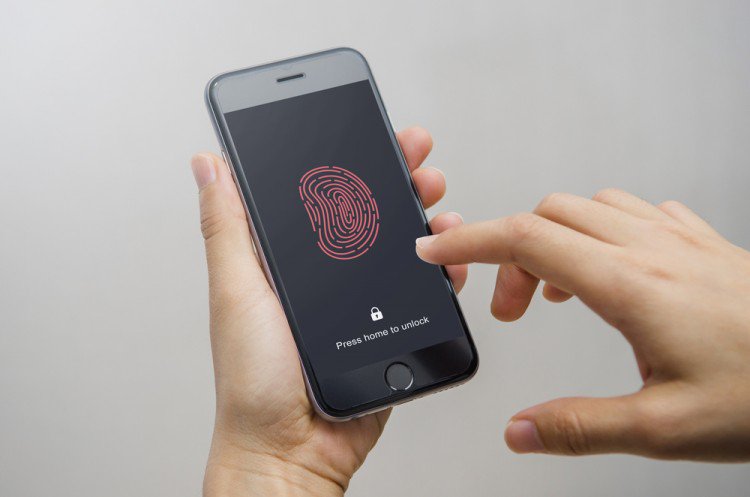
It’s worth noting that this is not something a common person can do as the process requires some specific materials to mimic the fingerprint along with a clean image of the fingerprint and physical access to the device.






























